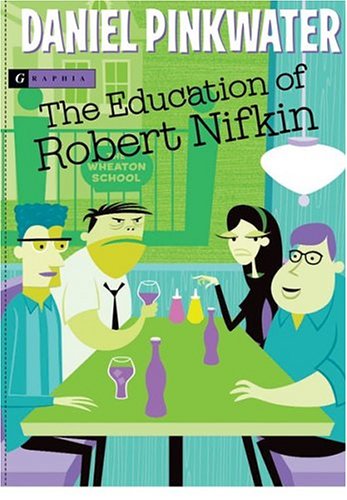 The Education of Robert Nifkin, Daniel Pinkwater
The Education of Robert Nifkin, Daniel Pinkwater
Daniel Pinkwater can always be relied upon for slightly surreal, totally brilliant fiction, and The Education of Robert Nifkin is no exception. It’s written in first-person as the longest college admissions essay ever, and like any good personal statement, it grabs you right from the first line: “My father is a son-of-a-bitch from Eastern Europe.”
The novel/personal statement that follows is a brief, colorful trip through 1950s Chicago. At Robert’s public high school, his teachers spend substantially more time warning students of the perils of communism, homosexuality, and Judaism than they do teaching (their preferred method is to write a paragraph on the blackboard and have the students spend the period copying it down). It later turns out that the only communist around is the ROTC sergeant.
Since he’s not learning he stops attending, and instead spends most of his time wandering the city and waxing poetic about its architecture, culture, and residents. Obviously I was biased in my enjoyment of those sections, but they hold a lot of the appeal that Nick and Norah’s did: they’re such unpretentious, genuine reactions to the excitement of a big city (something Pinkwater has a knack for capturing—see Lizard Music, as well).
The first chapters of this book are riotously funny, and its depictions of lousy public school teachers are accurate enough to be cutting. After Robert transfers to the hippie-beatnik-non-school, the humor is tempered a little, allowing Robert to develop into a likeable, interesting character in his own right, rather than just a vehicle for Pinkwater’s hilariousness. And in the end, this book has a few messages that all educators could stand to hear again. Chief among them: learning does not occur in a vacuum, students are people too.
The real problem with this book, and I find it’s a problem with a lot of his work for YAs, is that it appeals to only a small subset of teenagers. All the adults I know love it, but it requires teens to have to have a degree of self-awareness (and a sense of humor about themselves) that’s pretty rare. In our library, this book also takes a hit for being historical fiction, which our kids avoid as much as possible.
With that caveat, though, this is a terrific book—one of Pinkwater’s best, I think, and worth reading for the first few chapters alone. I found myself reading aloud passages to my friends, and then not being able to stop—“Oh wait,†I’d say, “The next line is really funny too.†Until twenty minutes later, they hung up the phone. And then checked this book out from the library.
In short: A smart, funny, quick read for adults and older teenagers.
Read it if you like: Pinkwater’s other works, spitting on Joe McCarthy’s grave*
* Look, I say that not to be a jerk (though if anyone deserves it…), but because I grew up a couple of miles from his grave, and this was a not-unusual pastime.

 The Disreputable History of Frankie Landau-Banks
The Disreputable History of Frankie Landau-Banks
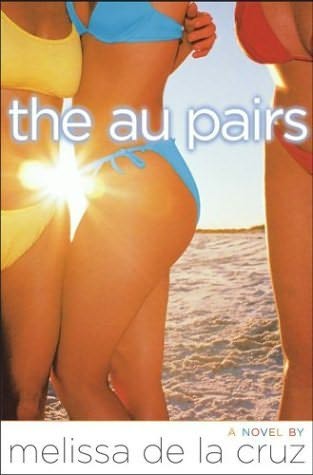

 No Missing Parts, And Other Stories about Real Princesses
No Missing Parts, And Other Stories about Real Princesses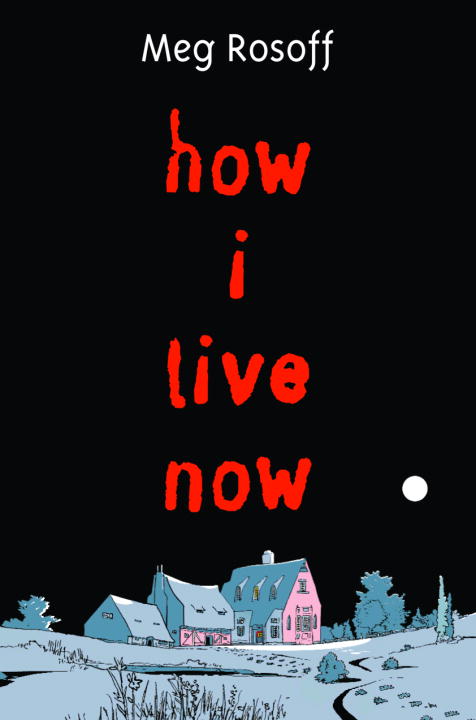 How I Live Now
How I Live Now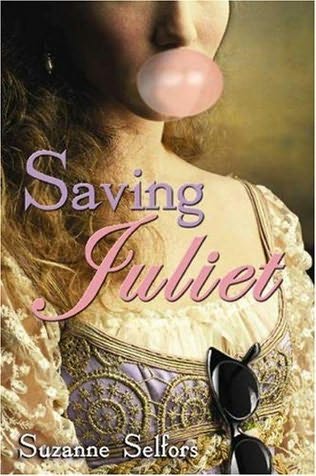 Saving Juliet
Saving Juliet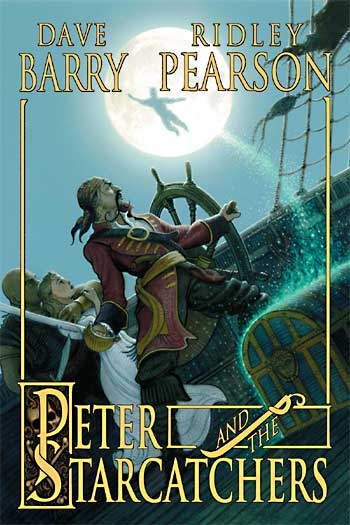 Peter and the Starcatchers
Peter and the Starcatchers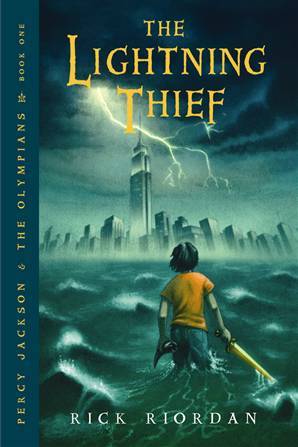 The Percy Jackson and the Olympians
The Percy Jackson and the Olympians